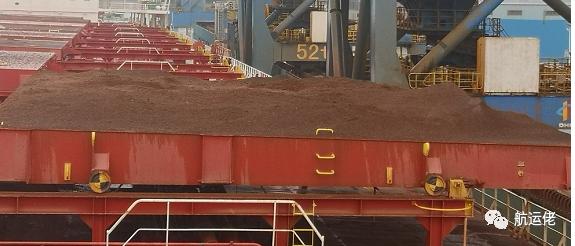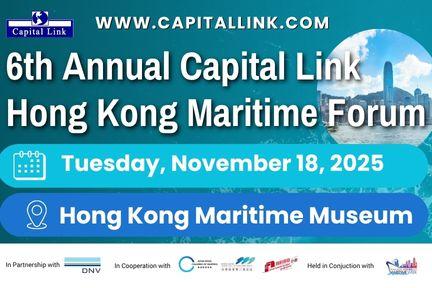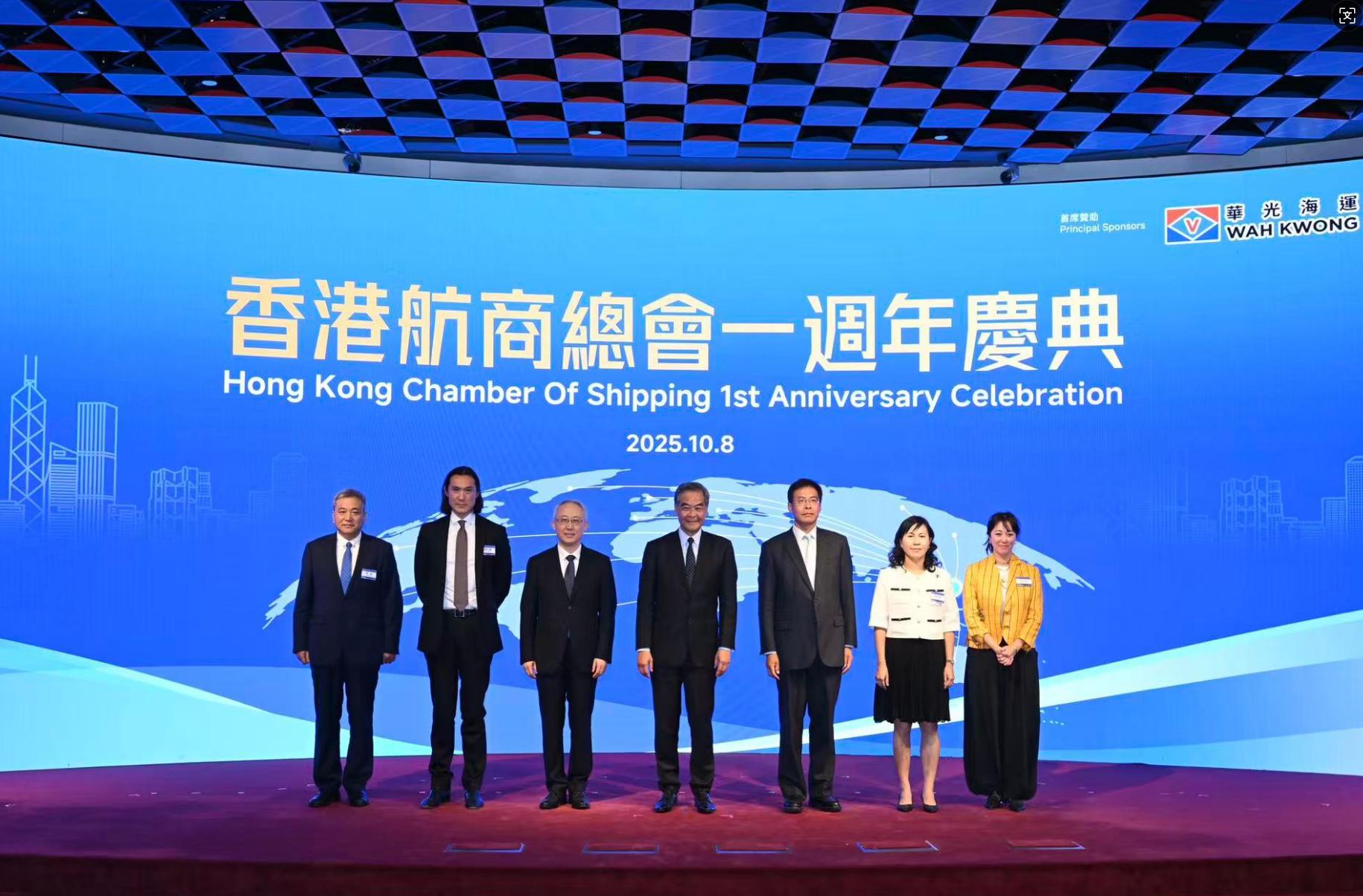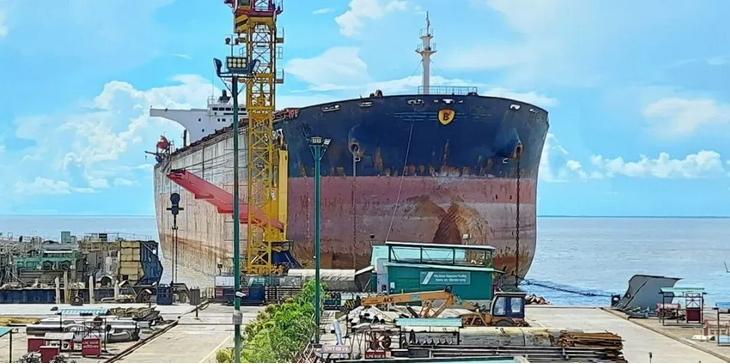上周国内不少港口受到台风“梅花”的影响,随之而来也发生了不少争议,有船在上海港口,在泊位避台要求拖轮协助的费用到底谁来承担;有在江阴港收货人为了避台抢卸,结果一堆货在船上就强制要求船离港,而承租人却拒绝承担责任,有的承租人认为是收货人或者码头行为和他们无关。
收货人是否代表承租人,这个确实有不同的观点。在The Adelfa [1988] 2 Lloyd's Rep.466这个案中,收货人扣押船舶,Evans法官认为并不能被视为承租人的行为。类似地,在The Goodpal [2000] 1 Lloyd’s Rep.638案中,涉及卸货数量的争议,Colman法官并不认为收货人是承租人的代理人。在The Shackleford [1978] 2 Lloyd's Rep.154(C.A.)案中,关于收货人是否可以代表承租人的问题,David Cairns子爵认为,收货人必须有权代表承租人做出一些商业决定。他们必须能够决定船舶及其设备是否处于准备好开始卸货的状态。作为商业实用性问题,David Cairns子爵认为收货人必须有权豁免关于开始装卸时间计算的条件。在The Andra [2012] 2 Lloyd’sRep.587案中,收货人则被视为了承租人的代理人,或者授权安排卸货的,因此承租人得为收货人拒绝安排卸货承担责任。
先说上海港口那在泊位的船,要求拖轮协助的费用问题。这个在最近的London Arbitration 29/22案中,再次明确了这一点,该拖轮协助的费用,承租人承担。可以简单地回复如下给租家,要求他们承担费用。
The charterers warrant the port is safe for the vessel in this charterparty, just as latest London Arbitration 29/22, which was published few days ago. In this case, one of issue is the cost of tug assistance in Mississippi river. The terminal suspended loading as the vessel was moving away from the berth and required the master to employ a tug before it could be resumed. A hold-in tug was engaged, and the charterers deducted the cost from hire. At that point, the master witnessed other vessels seeking tug assistance to keep alongside the berth. The charterers provided no evidence to prove the crew failed to attend mooring lines or had disregarded the terminal’s protocols or had failed to maintain an adequate mooring watch.
The Tribunal held that the terminal’s insistence on a tug attending the vessel was due to the berth’s precarious location on the river, where currents and/or counter currents tended to push ships (moored alongside) off the berth. That was a peculiarity of the terminal for which the charterers must assume responsibility since they ordered the vessel to load there.
The same in our case, the charterers arrange the vessel to discharge cargo at Shanghai, which the charterers warrant it’s safe for the vessel, the charterers must assume responsibility.
对于江阴港那国内某有名的钢厂的做法,笔者非常不认同。根据合同款,包干铵的港口使费,拖轮协助的费用不承担 ;连货都不给好好卸,还理直气壮,认为自己有理。这是店大欺客,和专业性无关。
其实也可以发类似如下的,之前文章也有介绍过,港口使费及拖轮费的问题,可参考。
It’s common ground that under clause 19 of this charterparty:
…Cargo shall be loaded, stowed, secured or spout/dump/machine trimmed and discharged free of expense to the Vessel and to the Master’s satisfaction in respect of seaworthiness. Stevedores at loading and discharging ports are to be appointed and paid for by Shipper(s), Receiver(s) or Charterer and shall work under the supervision of the Master. ..
But much regret that stevedores at Jiangyin port, they ignore master’s strong demands and force (receiver require the vessel to evacuate their berth to avoid Typhoon) the vessel to sail with too much cargo remain on board, especially on C/H No.2.
Charterers may recollect that owners ever remind there are too much cargo residues on board since 2021, e.g for MV TBN first voyage at Rizhao, but for 6th voyage at Jiangyin, Charterers/Stevedore and or receiver still failure to fulfil their obligation to discharge full cargo.
As the charterers well aware hatch cover is impossible to close due to so much cargo remain on hatch cover of C/H No.2, which put the vessel’s unseaworthiness in Typhoon condition, therefore charterers breach their obligation under this charterparty.
The charterers may refer to The Andra [2012] 2 Lloyd’s Rep.587. In that case, Popplewell J. observed that is sufficient to dispose of the appeal at p.592,
“Clause 5 of the Charterparty provided fo rthe cargo to be discharged by the Charterers or their agents and clause 18 provided that the Vessel was to be discharged by the receivers’ stevedores. It was common ground that, however the Charterers might choose to fulfil their obligation under clause 5, they were under a non-delegable duty to discharge the cargo. Therefore even if, as between the Charterers and Receivers, it was the Receivers’ obligation to discharge the cargo, the position under the Charterparty remained that for the purpose of performing the Charterers’ obligation to discharge the cargo, the Receivers were the agents or delegates of the Charterers and the Charterers remained responsible.”
At p.593, Popplewell J. went on to hold:
The Adelfa does not assist the charterers in the present case because the present case is not concerned with a frustrating event which prevented the sailing away of the vessel. The findings by the tribunal in this case were that the conduct of the receivers prevented the cargo being discharged. It falls fairly and squarely within the category identified by Evans J of a failure to discharge within the laytime “ for which the charterers are liable in damages or demurrage”.
In conclusion at paras 18 to 21:
Under clause 5 of the charter the charterers were under a non-delegable duty to discharge the cargo. Even if, as between the charterers and receivers, it was the receiver’ obligation to discharge the cargo, the position under the charterparty remained that for the purpose of performing the charterers’ obligation to discharge the cargo, the receivers were the agents or delegates of the charterers and the charterers remained responsible.
The same in our case, the charterers remained responsible to discharge full and complete cargo.
The charterers may contend the vessel already sailed and or estoppel by owners, however in London Arbitration 9/10, it did not.
In that case, The charterers had also put forward arguments on waiver and estoppel, based on the facts that the statement of facts and draft survey were signed without comment or protest, that the owners and the ship made no contemporaneous protest about the alleged failure to discharge fully, and that the owners had, on 14 July, proposed that they would clean the holds.
However, The Tribunal held that those arguments would be rejected. Waiver and estoppel required a clear and unequivocal representation that a party was giving up or not relying upon a right. Nothing the owners did in the present case could fairly be seen as amounting to any such representation, let alone a clear and unequivocal one. Further, reliance to the detriment of the party seeking to advance the case was required. In the present case there was nothing to suggest that if the owners had not done any or all of the things relied upon the charterers would in fact have changed their position in any way.
The owners’ claim therefore succeeded in principle.
The Tribunal rejected a mitigation argument advanced by the charterers who said that the owners should have discharged the cargo residues overboard on the way to the ship’s next loading port, rather than carrying them and disposing of them there, at additional time and cost. To dispose of the residues overboard would have required the ship to go 200 miles off the coast, but she was under pressure to make her next fixture and could not afford the necessary time. The owners’ obligation to mitigate did not extend to them risking the loss of a fixture.
Accordingly the owners were entitled to an award of $83,703.73 together with interest.
For all reasons and authorities given above, Owners hereby put charterers on notice and reserve their all rights to claim whatsoever costs/expenses/damages which result from charterers’ breach, failure to discharge full cargo.
However, from owners’ side, the towage should be deemed as partial of PDA on grounds:-
Port Charges
The definition of the standard disbursement account form BIMCO as below:
Harbour Dues
Light Dues
Pilotage
Towage
Mooring/unmooring
Shifting
Customs charges
Launch/car hire
Agency remuneration
Telex,postage,telegrams
It’s also common ground that towage fall within the meaning of PDA.
2)In respect of port charges,Time Charters, 7th ed, Chapter 12, 12.14 which provided:
12.14 Port charges include all charges which a ship has to pay before she leaves a port, even if some of those charges relate to benefits which will accrue to the ship only after she has left the port.
The charterers of the Apex were obliged by a special clause to pay the port charges at Deptford if they ordered the ship to discharge deck cargo there, which they did. The port charges payable at Deptford included Trinity House dues in respect of lights to be passed during the remainder of the voyage to Leith where the under deck cargo was to be discharged. Had the ship gone straight to Leith without calling at Deptford these dues would have been payable by the owners. Mathew, J., held that the charterers were responsible for these dues. He said: “The ordinary meaning of the phrase seems to me to be those charges which a vessel must pay before she leaves a port.” Newman & Dale v. Lamport & Holt [1896] 1 Q.B. 20.
As agent they advise, it’s towage. Charterers made deduction total usd XXX from freight payment, but this will not change the legal position that, PDA was paid & arranged by Owners.
The Charterers just exercise their option to make deduction from freight payment. At this stage, Owners are entitled to require agent to put this towage to final PDA.
Basis above, Charterers are called upon to negotiate from their side, instruct agent to put those towage to final PDA.
从这些可以看出,如果租船合同中规定了承租人以其时间及费用安排卸货作业,那么即使在承租人和收货人之间,收货人有义务卸货,但租船合同中的地位仍然是为了履行承租人承担的卸货义务,收货人是代理人,或承租人所授权委托的,承租人仍然得为卸货负责。同理,在泊位抗台,这是承租人安排到那卸货,承租人得承担相应拖轮协助的费用。


写于2022-09-18
海运圈聚焦专栏作者Alex (微信公众号 航运佬)

 2022-09-26
2022-09-26 189
189 













